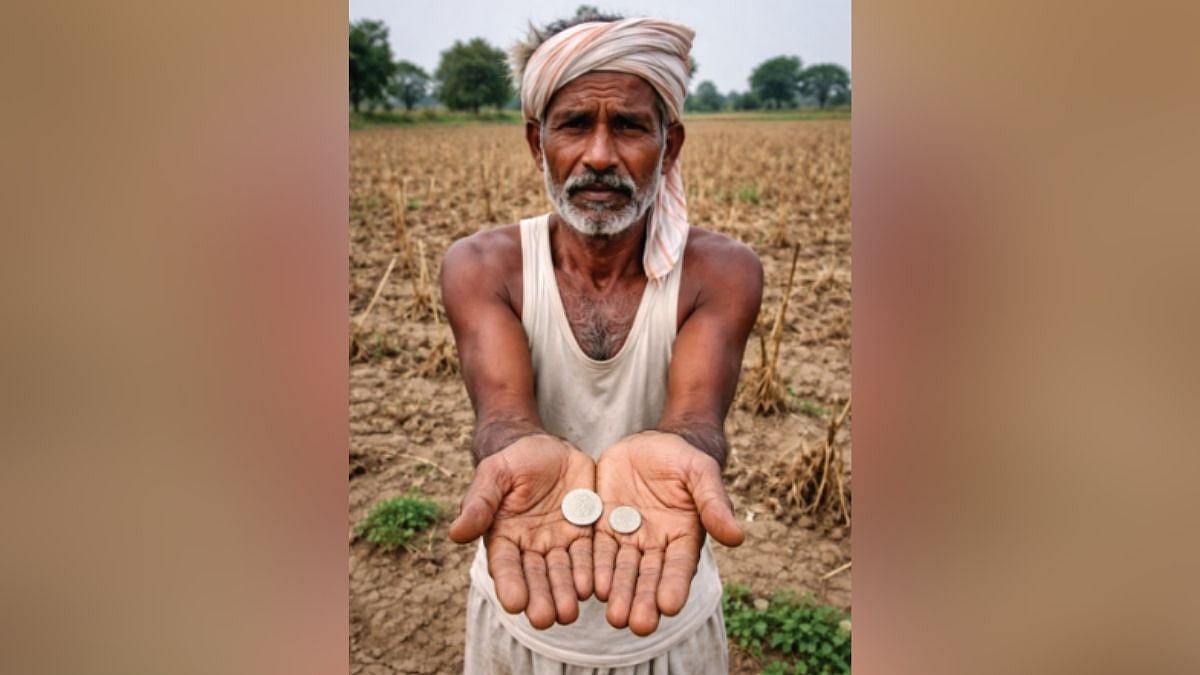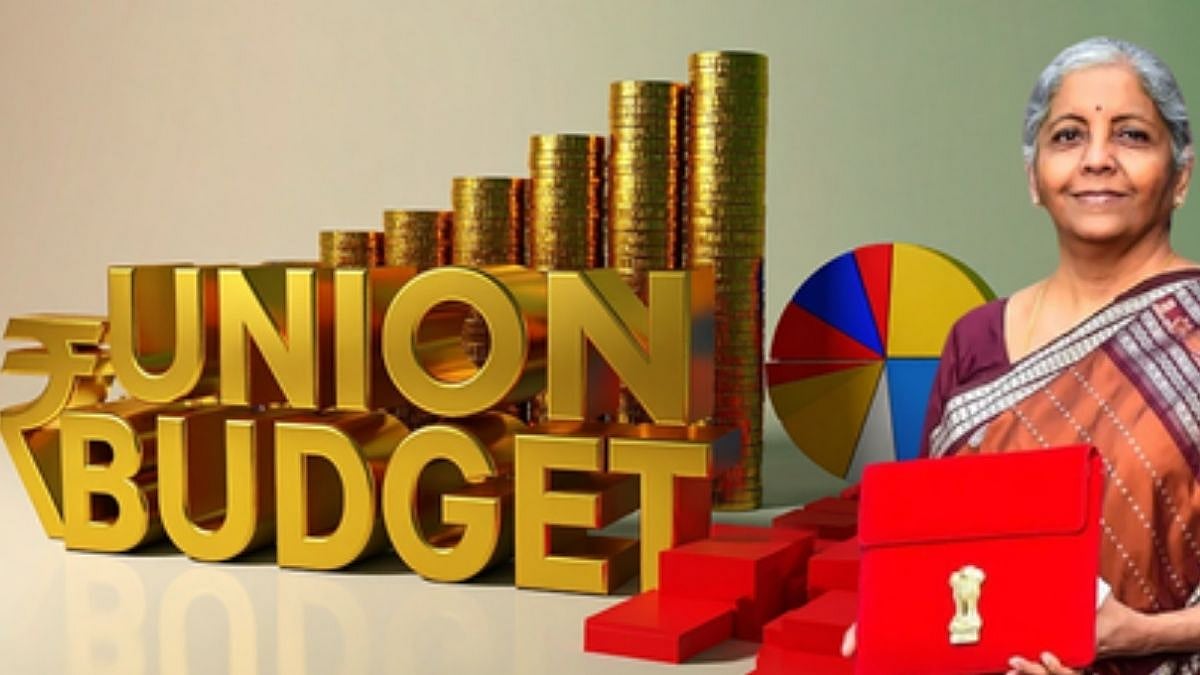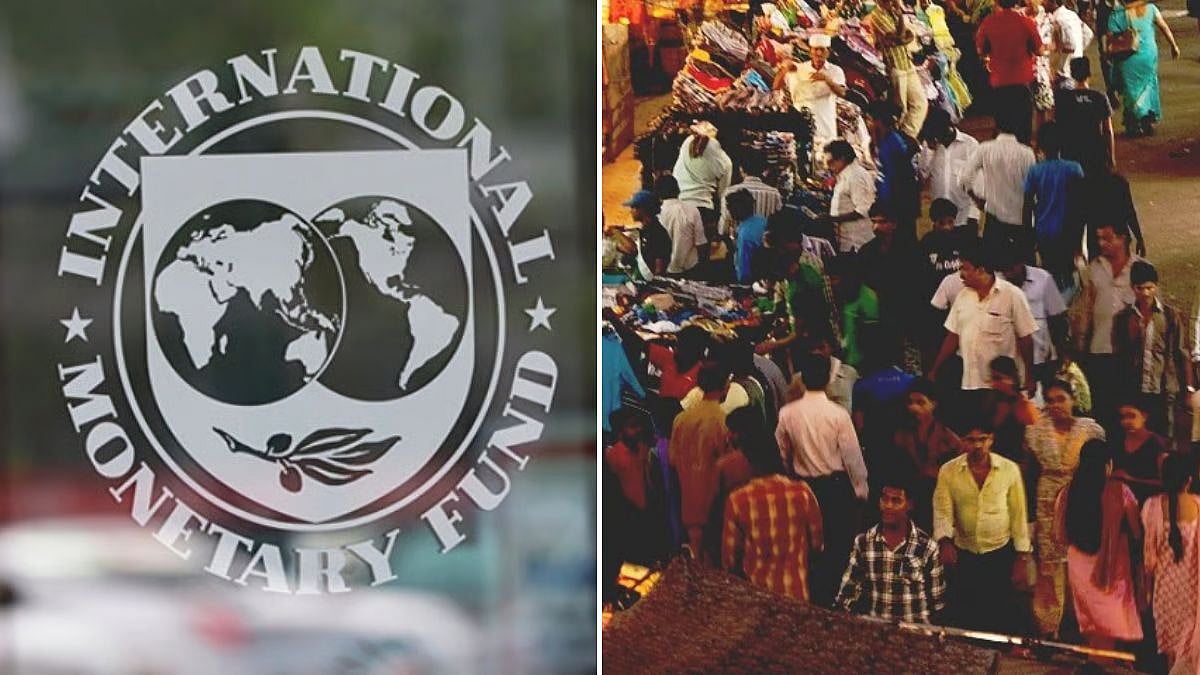Leon Trotsky wrote tellingly, “Many a time, political dispensations provoke impressionable minds to get sucked into nefarious ideologies for their own vested interests.” So very true. A young lad in Delhi, firing at protesters and calling himself a Rambhakt can be a quintessential example of how the current political atmosphere in the country is vitiating the minds and creating rifts and chasms in the names of religion, ethnicity, province and identity. We’re precariously placed at the crossroads of fissiparous politics, divisive forces and rabid nationalism, all being potential termites to worm into the fabric of secularism and fair-play. The question is: Why and how this country has slipped into a morass of pervert religio-nationalistic assertiveness in a little over five years? Nationalism, especially this brand of pseudo-nationalism, is dangerous to any country because it blurs the collective vision and creates otherness. French existentialist Jean Paul Sartre succinctly put it, “Hell is other people.” The validity and veracity of this vitriolic observation can be palpably felt in these polarised times when minorities (read Muslims) are other people. A kind of pathological nationalistic fervour is brewing across the country, threatening to engulf the sacredness of unity and bonhomie.
“The mix of religion and politics can nix a country’s growth,” opined British political analyst Sir Harold Laski. We’re witnessing this. The whole country seems to have suddenly woken up to its ‘glorious’ (mythological) past. The revered characters of a specific religion are being deified in a renewed and rejuvenated manner as if they were ignored by the past governments in all these years. The great Shivaji is now Chhatrapati Shivaji Maharaj Saheb and VD Savarkar is Veer Savarkar. Ram is a metaphor for subjugation of minorities. Ram Janmabhoomi is an emblem of the resurgence of Hinduism and recrudescence of a malice known in the parlance of sociology as ‘Religio-political abomination’. This is really a matter of concern when the state is more interested in knowing its citizens’ faiths and casting aspersions on those who belong to some other religious ideologies. As it’s, any ideology, however great and glamorous it may seem or sound, is a specialised prejudice. But religio-political indoctrination is the worst. We’ve become extremely polarised because of it.
The ‘erroneously perceived subjugation mentality’ of today’s majority Hindu population is being projected and promoted by the political leaders of the current government and Hindus are getting morphed, nay degenerated, into militant Hindus. The way Islam garnered faux sympathy and justified its questionable ways by brandishing the victim card and screaming from the rooftops that Islam is in danger, the same is being done and emulated by the majoritarian population of India. Now ‘Hindus in danger’ card is being flaunted by the shrewd politicians and the majority is succumbing to it.
Suddenly, all Muslims seem to have become lepers and pariahs. And the state is openly favouring this because this religious division can be adroitly exploited in its favour to prolong its morbid stay. In Delhi, the police is accountable to the Centre, not to AAP. We all saw how nonchalantly police watched a young man take out his pistol and fire at minority protesters on Thursday. Who envenomed his or the minds of the youth? What made them so ideologically vicious?
The growing chasm and ever-widening gulf will further widen if the state continues to fan these prejudicial sentiments based on religion and ethnicity. In its positive interpretation, the idea of a nation is a noble one, in the sense of a mosaic or a collage of discrete groups of people, faiths, beliefs, preferences, proclivities etc. Any attempt to limit the very notion of a country into a pigeonhole of religio-ethnic sameness is akin to playing with fire and this is already happening. We’re shrinking the very concept of a nation and relegating ourselves down to moving labels of Hindus, Muslims, Sikhs and Christians.
The political apathy often leads to anarchy and when anarchy sets in, it plunges into the abyss of anomie. We must never forget that the very secularism of this country is at state and if it goes on, Balkanisation is not far away. Chanakya rightly warned in his ‘Kootneeti’ (Diplomacy): ‘Moorkham tithya wa na pratibuddham sanket bhavishyam’ (He’s a fool who can’t fathom the insinuations of the times to come). The clear, nay flagrant, indications and insinuations of a more volatile and sanguinary future is on the anvil. But are the people at the helm of affairs willing to hear the footsteps of the times to come or feigning ignorance? This is a million dollar question, all sane and sensible Indians are asking in such disturbing and aimless times.
—The writer is advanced research scholar of semitic languages, civilizations and cultures.










